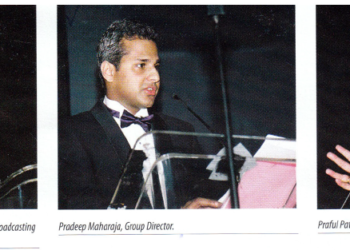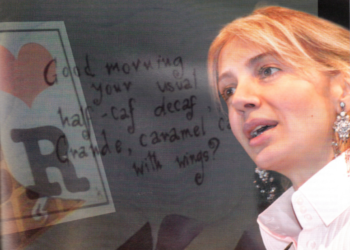The US Agency for International Development (USAID) recently handed over a new laboratory to test the quality of compost made from Colombo’s municipal solid waste under a programme that significantly reduces deposits at the city’s dump. Every day, the composting facility in Sedawatte turns 500 tons of garbage into 30 tons of compost that can be mixed or used directly in agriculture to improve the quality of imported chemical fertilizer.
The laboratory was made possible by a grant from USAID to the Colombo Municipal Council, which composts the waste in partnership with Burns Environmental Services Technologies, Ltd. Burns invested Rs600m in the composting facility.
The facility processes municipal waste for a Rs500 “tipping” fee per metric ton. The process removes contaminants from bio-degradable waste to produce useful agriculturalgrade compost for use in paddy and tea fields. The project began three years ago when the US-Asian Environmental Partnership (US-AEP) program of USAID sought means of reducing the stream of solid waste into Colombo’s dump.
“Disposal of solid waste is a real problem in Sri Lanka;’ James F Entwistle, US Deputy Chief of Mission, said at a ceremony marking the handover of the laboratory. “This composting effort not only reduces the amount of garbage going to dumps, but also creates a product that helps improve soil conditions and crop growth. Poor waste management practices can also help decrease the incidence of diseases. We encourage other cities to adopt this win-win model:’





